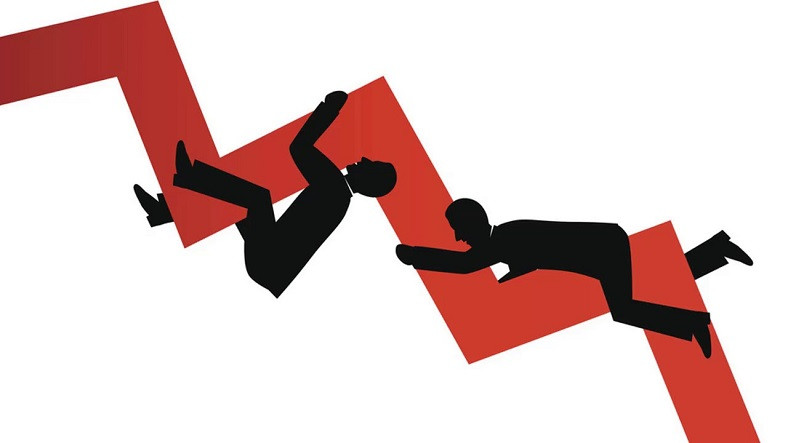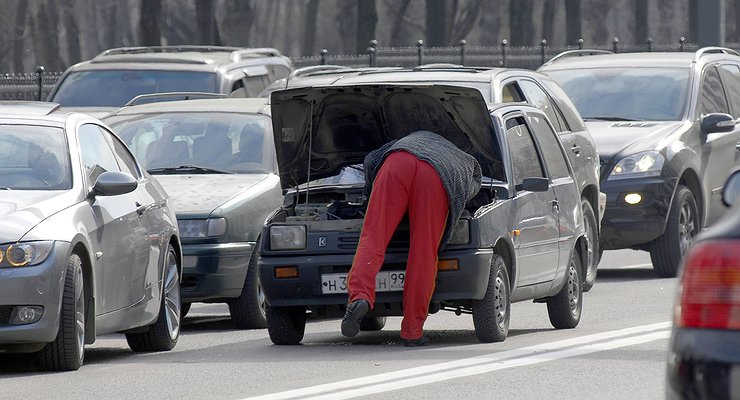As anyone who follows the news can see, the whole world is going through difficult economic times, and a concept is mentioned that is often referred to as a recession. Recession, a term belonging to the field of macroeconomics, means recession in the country’s economy in its most general definition. Recession, which occurs for many different reasons, It happens from time to time in all the economies of the world.
To talk about a recessionary situation in a country’s economy, it is necessary to examine the economic data of a few months. Sometimes this economic data can even indicate this before the recession starts. Come here because economic terms can be a bit confusing What is a recession in its most obvious form, why is it happening, Let’s take a closer look at how ordinary citizens are affected when such a situation arises.
What is a recession, why does it happen, what happens after a recession?
What is Ecession?
What Causes a Recession? reasons:
Sudden economic shocks
excessive debt
asset bubbles
high inflation
high deflation
Technological changes with huge impact
What Happens After a Recession?
How long will the recession last?
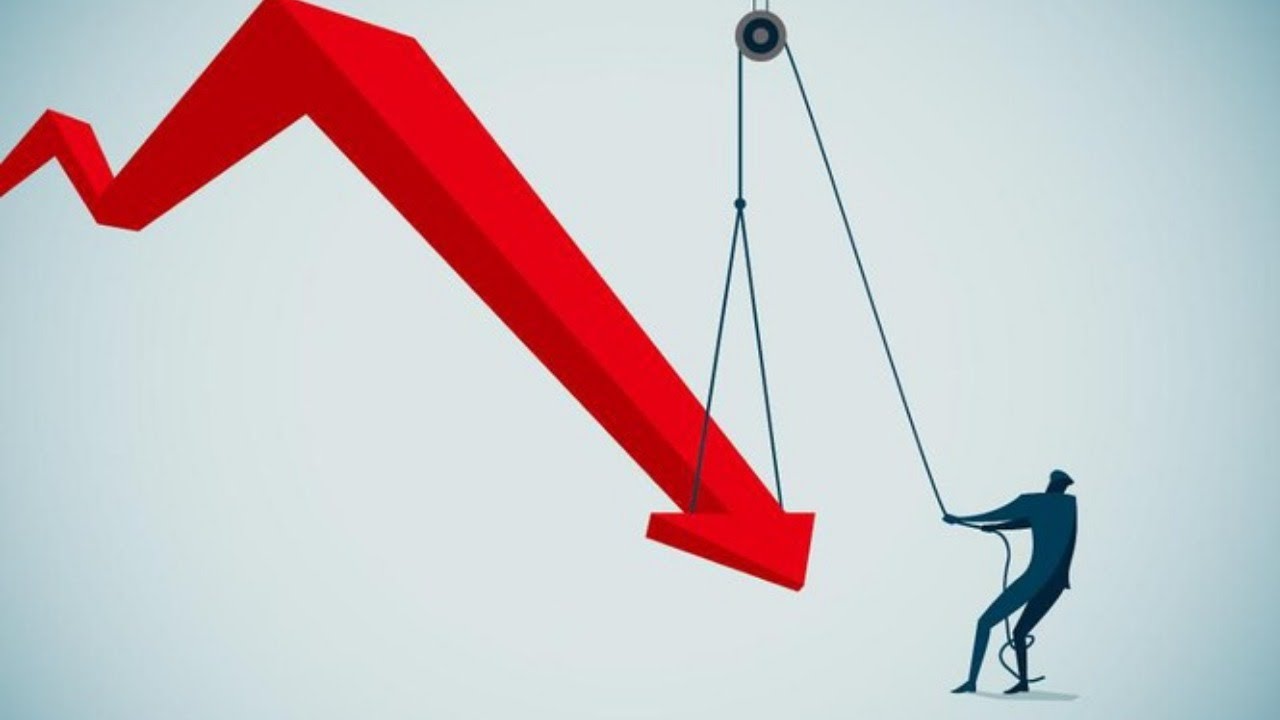
Let’s start with the basics, what is a recession?
in a country’s economy recession state, In macroeconomics, it is called a recession. To talk about recession, some economic data in the last two quarters of the country’s economy, that is, in the last six months, is examined. The economic data analyzed includes gross national product, real income, employment level, industrial production, wholesale and retail trade.
When there is a downward trend, i.e. a decrease, in all these examined economic data, this situation is called an economic recession, i.e. a recession. According to the basic definition, this decrease is must be experienced during the last two quarters however, the National Bureau of Economic Research says that even a few months of this situation can be called a recession.
After the industrial revolution, the economies of all countries of the world showed a growth trend at the macroeconomic level. good All national economies are growing, albeit at different rates. Sometimes this growth stops monthly. However, if the growth in question stops for a long time and manifests itself in many different economic areas, it means that there is an economic recession in that country.
What Causes a Recession? Reasons:
- Sudden economic shocks
- excessive debt
- asset bubbles
- high inflation
- high deflation
- Technological changes with huge impact
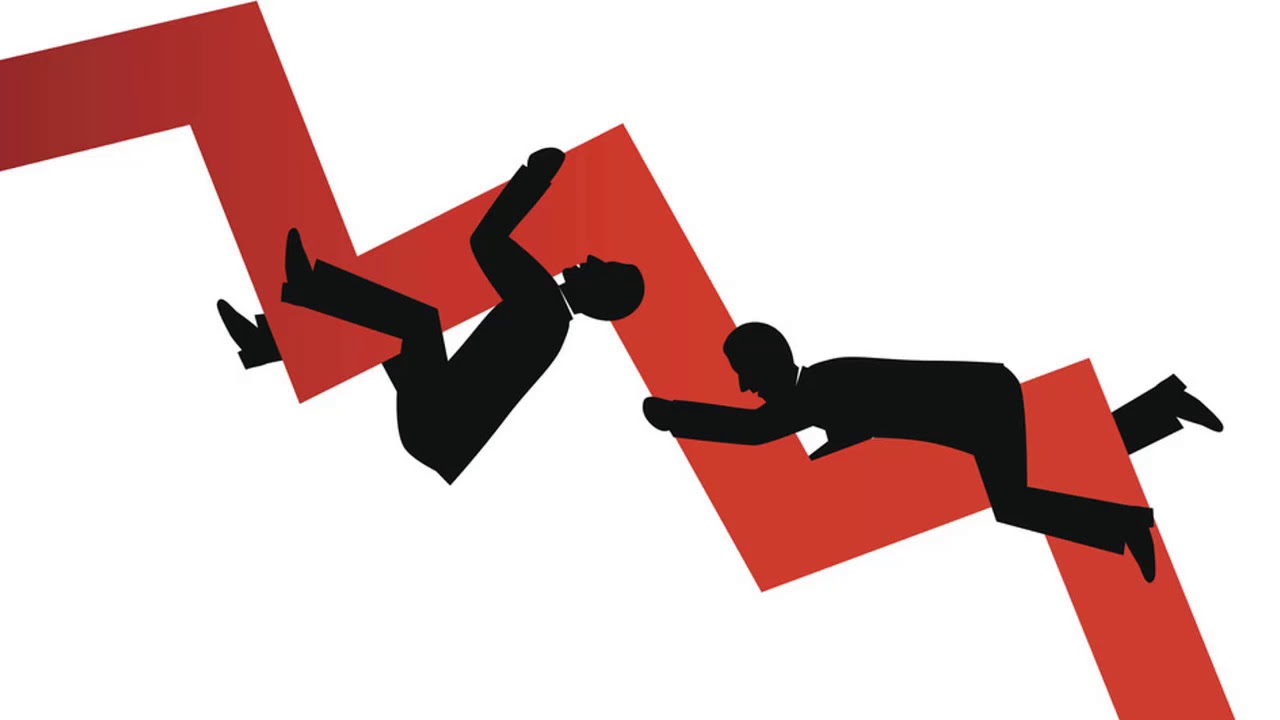
Sudden economic shocks:
Situations that cause serious financial damage to the economic markets are called sudden economic shocks. For example, it was a major economic shock that OPEC stopped supplying oil to the United States in the 1970s without warning. To give a more recent example What happened to the COVID-19 pandemic It is a major economic shock worldwide.
Excessive debt:
In periods when the economy tends to grow, individuals and companies borrow a lot at affordable prices. But at some point things break and both individuals and companies if they can’t pay their debts There will be a huge gap in the economic market. Recession is inevitable due to failure to close this gap.
Asset bubbles:
A few people may make a pointless decision to invest in X and then fail. However If these senseless investments take place all over the country or even the world Emerging bubbles could spell the end of both the local and global economies. For example, the early 2000s at the end of the US real estate investment bubble caused a major economic crisis in the late 1990s.
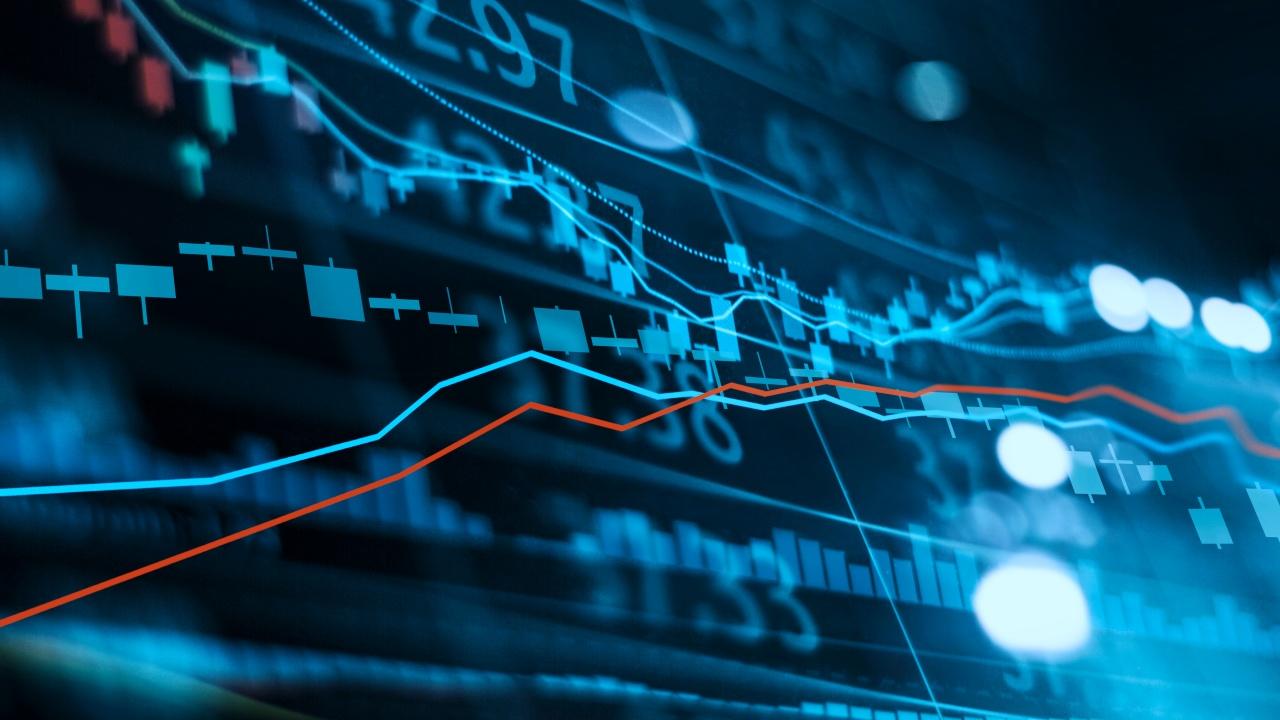
High inflation:
Inflation is not always seen as a bad thing, all prices rise over time. When this trend is pushed to its limits controlled by the interest rates set by the central banks. However, the fact that inflation is high and this level becomes almost constant will lead to holes in the economies of the countries that are difficult to close.
High deflation:
Deflation is the opposite of inflation, where prices gradually fall. Even though this sounds good As a result, wages fall over time. Due to constantly falling prices, companies withdraw and companies stop spending. When these happen, a recession is inevitable.
Technological changes with a big impact:
We have not experienced large-scale technological change after the industrial revolution, but we know that we can experience it anytime because With the development of artificial intelligence autonomous systems also began to develop. Many manufacturers have even started using semi-autonomous systems. After the widespread use of autonomous systems, we can look up the current recession with candles.
So, what happens after a recession?
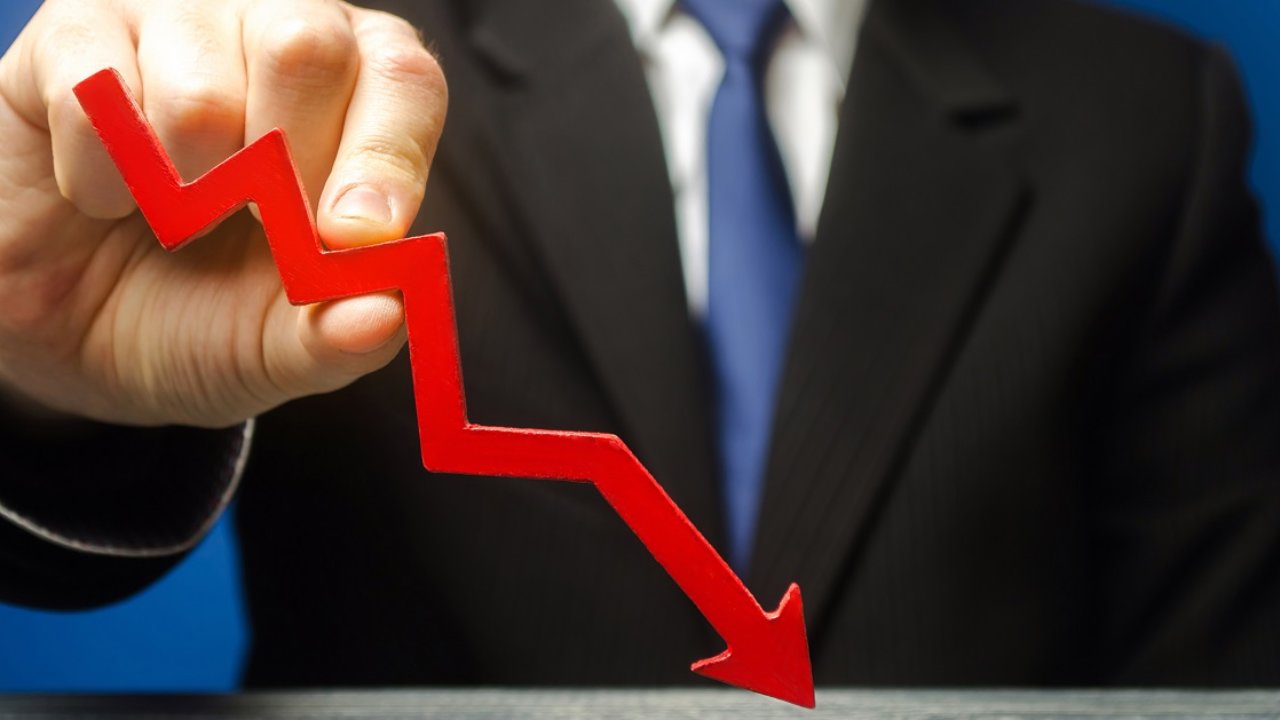
If you think that the recession will not affect citizens directly because it is a macroeconomic situation, unfortunately you are wrong. Because recession means; It means the decline in gross national product, real income, employment level, industrial production, wholesale and retail trade. If you are aware all this economic data are matters that directly affect the wallets of the citizens.
When a recession starts, unemployment rises first. Because your fear of being unemployed will increase, because there are too many unemployed There is no hope of finding a new job. Even if you are out of a job, you may face pay cuts or not get the raises you are entitled to. This situation is both a challenge imposed by the economy and the spoils of bosses in the face of an overabundance of the workforce.
When there is a recession, investment in stocks, bonds, real estate and similar investment assets investments lose value. Savings and investment plans are disrupted. Bankruptcies are increasing due to unpaid debts due to unemployment and economic difficulties. Because the economy is upside down, the sales of companies are falling and many bankruptcies are taking place.
Because many people have to borrow money during a recession loan rates rise. In addition, individuals and businesses with insufficient credit scores may not be able to obtain loans even with high interest rates. As the recession weakens confidence in the economy, investment comes to a standstill and pointless price increases can occur.
How long will the recession last?
Of course a recession is not a situation that lasts forever, things will definitely improve at some point. COVID-19 recession in the US for 2 months, Great Recession 2 years, The Dut Com recession lasted 9 months and the Gulf War stagnation 1 year. Moreover, while these are situations that affect the global economy, they have lasted so long. In other words, the recession that a country’s economy goes through can last much shorter.
a macroeconomic term that denotes an economic recession. what is a recession, what causes it, what happens in a recession? We answered the frequently asked questions and talked about the details you need to know about the topic. You can share your thoughts on the recession and its impact in the comments.







